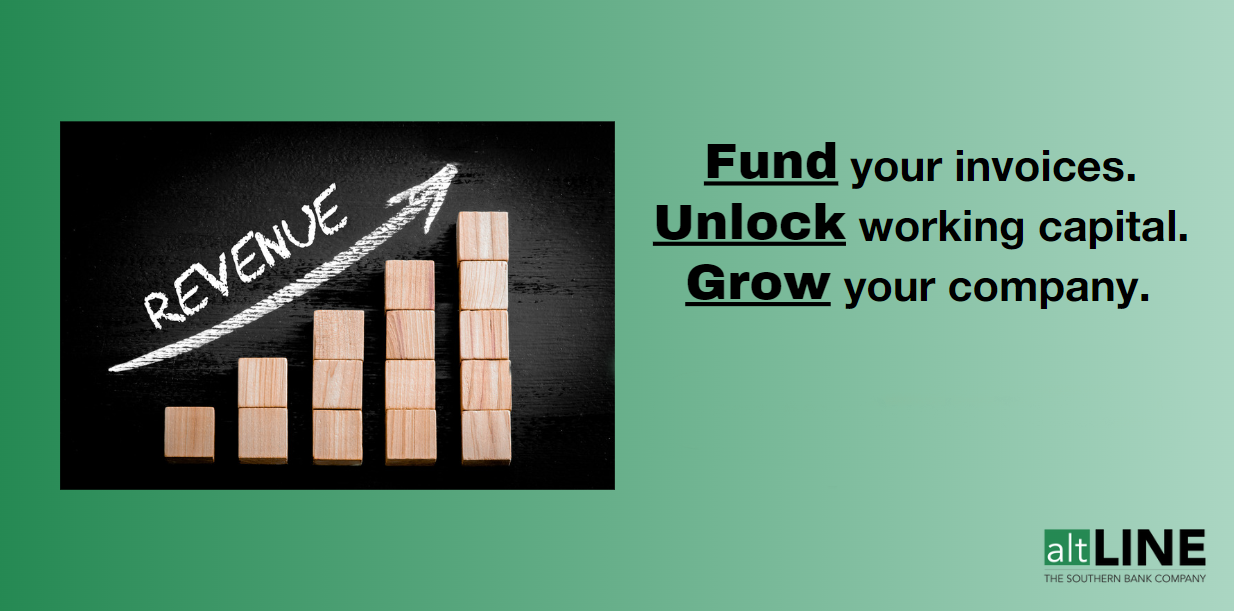Last Updated July 2, 2025
A merchant cash advance or MCA might look attractive to a small business owner who needs some quick cash. Revenue shortfalls or immediate expansion plans can create this need.
Plus, because MCAs aren’t technically loans, you don’t have to go through a traditional bank approval process.
But there are some disadvantages of MCAs that can cause business owners even more problems than they originally had. It’s not uncommon for business owners to get stuck trying to figure out how to get out of an MCA. Or alternatively, some choose other, less risky financing solutions instead of an MCA.
Continue reading to learn everything you need to know about merchant cash advances, so you can make the right financing decision for your business.
What Is a Merchant Cash Advance (MCA)?
A merchant cash advance (MCA) gives you an advance based on a percentage of your future credit and debit card sales. Another way that your advance gets paid back is through a fixed amount that the MCA servicer withdraws from your bank account. The withdrawals can happen daily or weekly and usually include fees on top of what you owe from the advance.
Your fees are determined by your factor rate, which is tied to your risk as a borrower. Factor rates are typically between 1.2 and 1.5. On a $100,000 advance with a factor rate of 1.5, you’ll end up paying back $150,000.
If you’re considering an MCA, you’re not alone. The industry makes $5 to $10 billion in capital each year. However, before you take the plunge there are some pros and cons you should be aware of.
Advantages of Merchant Cash Advances
Here’s a breakdown of some of the top advantages of merchant cash advances and why you might want to consider them as a funding source for your small business.
You Get Your Money Fast
You can skip most of the paperwork and waiting game that’s involved with a traditional loan. There’s no having to find and sort through documents that prove the yearly income from your business. A merchant cash advance servicer may ask for proof of a couple of months worth of sale receipts or bank deposits. The typical turnaround time for approval is a week or less.
MCAs Are Unsecured
Unlike a loan, you don’t have to back up the amount you borrow with physical assets from your business. Similar to a mortgage on a home, with a business loan something that can be resold serves as collateral. If you’re unable to pay back the loan, the bank can possess and resell the collateral to recoup the loss.
Since an MCA servicer doesn’t require collateral, you won’t risk your business’s resources. Instead, you’ll be asked to personally guarantee the advance. This means your personal resources will be on the line if you’re unable to repay.
Adjustable Repayments
Your repayment schedule isn’t based on a predetermined amount if you’re paying back the advance based on a percentage of your credit and debit card sales. When your sales are down, so is your payment. There’s less anxiety over how you’re going to afford a fixed payment each month.
You Know Exactly How Much You’ll Repay
An MCA doesn’t accrue interest over time and the factor fee is the only one you’ll pay. You can easily deduct the factor fee as a business expense, knowing that you’ll pay back the initial amount you borrow plus the upfront cost of borrowing. With traditional loans, you can rack up late fees and in some cases prepayment penalties.
No Credit Check Required
Since MCAs are paid back according to your future sales, servicers are less interested in your previous payment history. This is different from a traditional small business loan that requires you to have good credit. MCAs can provide funding if you have some prior blemishes and are working toward rebuilding your credit history.
Disadvantages of Merchant Cash Advances
Now that you know some of the advantages of using merchant cash advances as a funding source for your small business, here are a few reasons why you may want to stay clear of them.
High APRs
With an MCA, your annual percentage rate may be higher than it would be with a conventional loan. The APR on an MCA is tied to how quickly you’re able to pay it back. While you can usually lower your APR on a bank loan by paying off the principal faster, the opposite applies to MCAs.
If your sales continue to be high, this means you’ll pay back the amount you borrowed quicker and incur a higher annual percentage rate. The longer it takes you to pay back the advance, the lower your APR. Regardless, you’re likely looking at annual percentage rates that far exceed those of conventional loans. Think 30%, 60%, or even 100%.
Funds Tied to Sales, So Can Get Expensive
Conventional loans that banks issue to small businesses have annual percentage rates that are less than 10%. Business credit cards often have slightly higher rates, but these rates don’t reach the triple-digit realm that MCAs do. Your costs on an MCA can vary more widely between different servicers or lenders. Unlike the loan industry, there is a lack of standard borrowing rates.
Lack of Federal Regulation
Since MCAs are not classified as loans, there is not any set of federal regulations that govern the activities of servicers. Each state is responsible for providing oversight through the Uniform Commercial Code as MCAs are considered to be commercial transactions.
If you happen to have more than one location in different states, the advances you get from MCAs may be subject to different rules. You won’t be protected by laws such as the Truth in Lending Act. A lack of federal regulation can lead some servicers to engage in predatory and deceptive practices.
Complicated Contracts
Without federal regulation, the language and structure of contracts for MCAs can be confusing. Not all of the terminology is spelled out clearly, making it easier for servicers to disguise the true costs of borrowing. You won’t find the annual percentage rate listed in the agreement so you won’t be able to determine if the MCA is more expensive than other forms of financing.
In addition, some servicers stipulate in their agreements that you will waive your rights to a legal defense. If the servicer has to take you to court for breach of contract or non-payment, you won’t be able to fight the allegations.
They Can Compromise Your Cash Flow
Some financial experts consider MCAs to be predatory because they can set you up for what’s known as a borrowing cycle or trap. If you aren’t able to qualify for conventional loans or other less-expensive forms of financing, the costs of MCA advances can compromise your cash flow.
Furthermore, if your payback agreement dictates that funds are withdrawn daily, it can be difficult to keep enough cash on hand. You could further jeopardize your ability to pay salaries or other basics like rent and utilities.
Alternatives to MCAs
If the cons outweigh the pros, it’s wise to consider other options that are perhaps less risky or just more fitting for your business.
Some of the most common alternatives to MCAs include:
- Invoice factoring
- Line of credit
- SBA loans
- Equipment financing
- Equipment leasing
- Grants
- Crowdfunding
Invoice factoring is an especially common alternative. This involves businesses selling outstanding invoices to third-party factoring companies in exchange for an immediate advance against each value.
Since factoring is not a loan, there’s not much risk. There’s no minimum credit score, and bank-backed factoring companies like altLINE are FDIC-insured and provide transparent rates and fees. Additionally, it comes with complementary credit checks on potential new debtors.
In-Summary: MCA Pros and Cons
| Pros of a Merchant Cash Advance | Cons of a Merchant Cash Advance |
| Get Your Money Fast | High APRs |
| Unsecured | Funds Tied to Sales |
| Adjustable Repayment | Lack of Federal Regulation |
| You Know Exactly How Much You’ll Owe | Complicated Contracts |
| No Credit Check Required | Can Compromise Cash Flow |
Meeting your small business finance needs with merchant cash advances can be convenient but not without risk. MCAs can be a good way to fund your business without a loan and get the cash you need quickly; however, many who choose this option find themselves wondering how to get out of their MCAs due to the high costs and the potentially detrimental long-term cash flow impacts.
With a merchant cash advance, you’re essentially betting on your future sales. While on one hand, they could be strong enough to allow you to come out in the clear within a few months, your risks increase if you are years from qualifying for traditional financing and loans. Even though you won’t have to use your business assets as collateral, you could end up compromising your cash flow in the long run.
Jim is the General Manager of altLINE by The Southern Bank. altLINE partners with lenders nationwide to provide invoice factoring and accounts receivable financing to their small and medium-sized business customers. altLINE is a direct bank lender and a division of The Southern Bank Company, a community bank originally founded in 1936.










